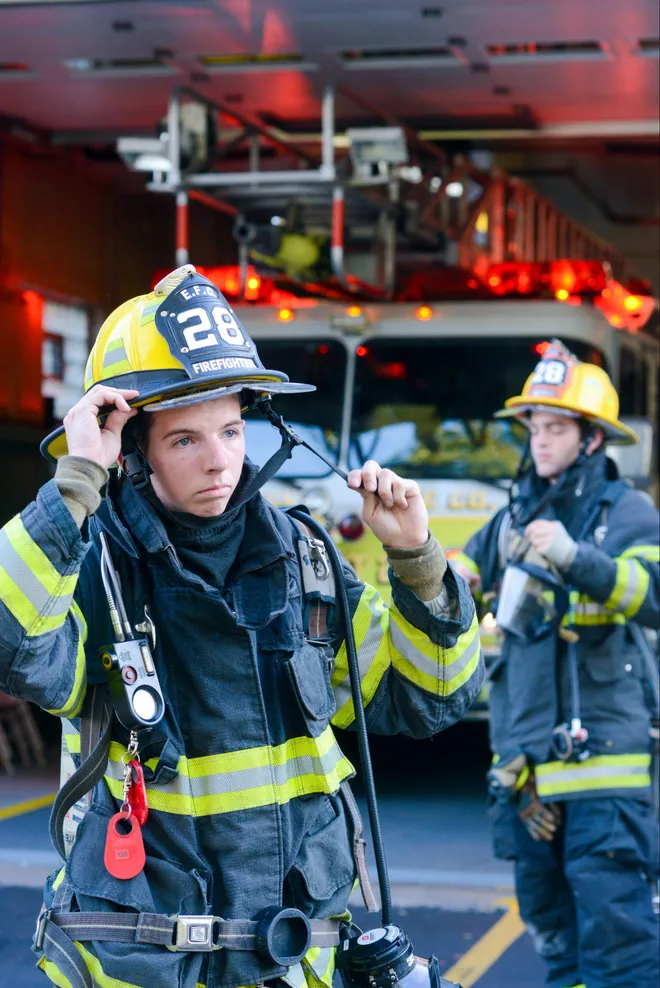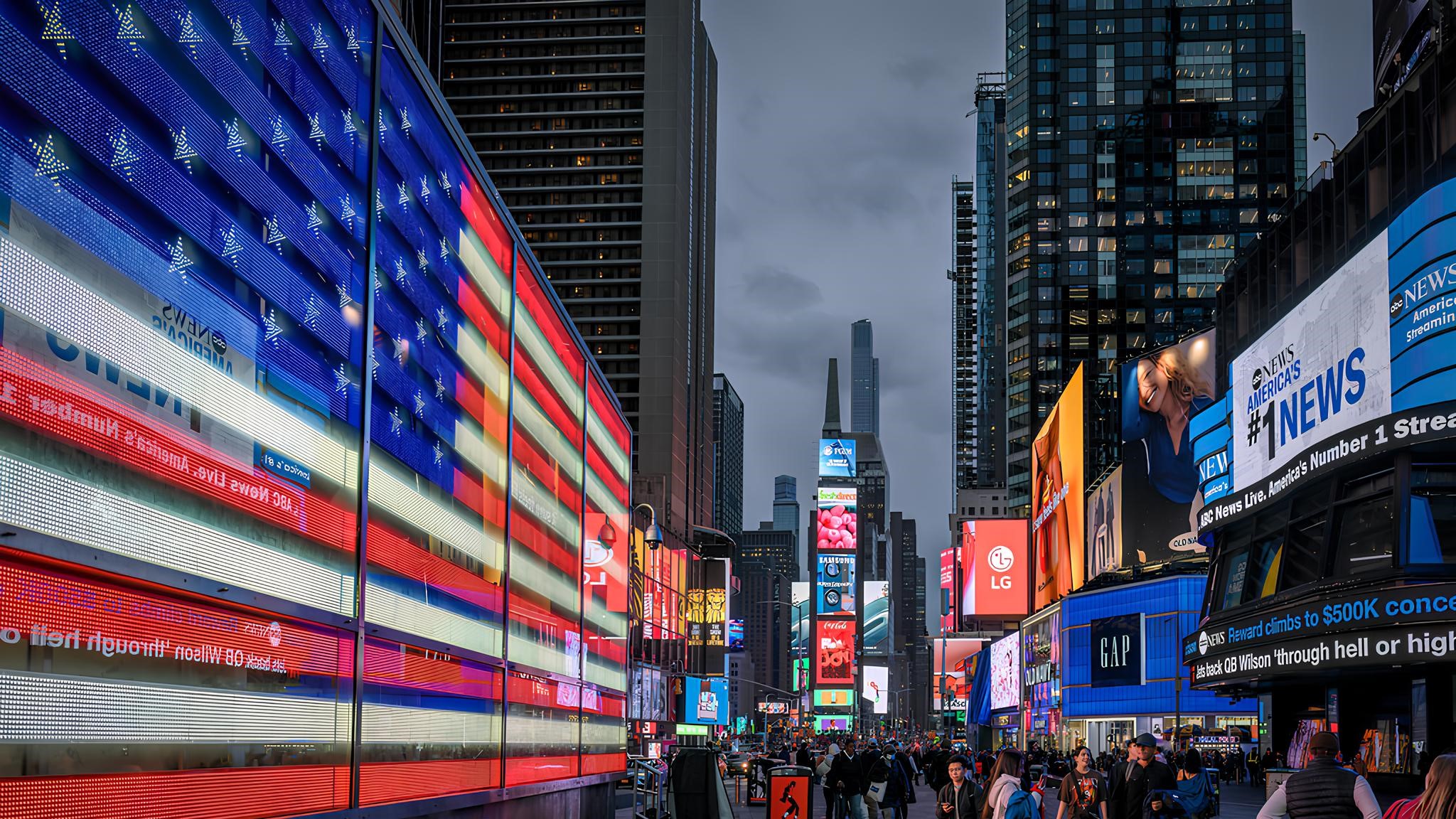On September 11th, 2001, I was in high school going about my day, unaware of how the country was about to change. That morning, I was sent to the Disciplinarian’s office (yeah, we had one of those for some reason) on some bogus charge dealing with a uniform violation, or having questioned the parenting of my biology teacher, I forget which. In the midst of receiving a tirade about my lackluster attitude towards… something, I was looking for anything more interesting than the tiny, angry man in front of me. Unfortunately, what I found was the news on the television in his office cutting into the first plane ramming the first of the World Trade Center buildings. The tirade came to an abrupt halt and the day took a dramatic turn, as we were released to go home. No one knew what else to do.
It might be considered a common story given the age in which we live, but it wasn’t long after that I found myself on the bus to MCRD Parris Island, the home of Marine Corps Boot Camp for the East Coast. My intent for as long as I can remember was to be a Marine, coming from 30 generations of military service, and that familial call to service was only compounded by an attack on my homeland. From there I had eight years of a singular type of adventure which defined my 20’s and set the standard for excellence that bleeds into all the aspects of my life to this day.
Since leaving the service of the Marine Corps, however, I have met a much wider swath of this country’s first responders and expanded my knowledge base to other areas, including fire. Going from “fire = bad” to becoming a subject matter expert in the tactical and non-tactical methods of egressing a fire environment under threat takes a great deal of study, training, and the wisdom of experienced fire fighting professionals. Sadly, that wisdom comes with knowledge that contains dark implications.
In the United States, there are a few different brands of each piece of a fire fighter’s “bunker gear”, but they are variations on a theme. Regulations exist to ensure each piece meets a certain standard to protect the life and function of the person using it. One such piece of gear is called a PASS device, or Personal Alert Safety System. Simply put, if the person wearing the PASS stops moving for more than a few seconds, the device emits a tone. A few seconds later, the tone increases in volume, and continues to do so until it becomes an obnoxious screech. The intent of the sound is to both alert a firefighter’s crew if they become immobilized, and to help locate them if necessary. If you ever see firefighters in their kit standing near a fire, you can see them waggling the devices absentmindedly to keep them quiet. Having been in a few fires wearing this device, it becomes second nature fairly quickly.
When I was first introduced to standard bunker gear, to include the PASS device, I was focused on the gear and the safety aspects of the training I was about to receive, so I did not connect the dots, so to speak, with the footage I saw on that fateful day and the days to follow.
While it may be difficult, knowing now what I and the firefighting community know, to go back and see the footage from the days after the attack, you should. Listen as the first responders sift through the ruble and debris as the beeps, tones, alerts from multiple types of PASS systems wail in the background. For each tone, one of the bravest and most selfless of our nation’s sons or daughters stood lost after giving their last full measure of devotion to people whose names they would never know. For years I had seen the videos, the Facebook posts, the PowerPoint briefs, and that noise was no more than another in the cacophony that occurs in an emergency environment. Now it’s the only sound I hear.
September 11th, the specific one we refer to when that date is mentioned, occurred 22 years ago. There are members of the fire service today that weren’t even a thought when those towers fell, and yet they put their hand in the air and answered a call to service that includes rough hours, trash pay, grueling conditions, and manpower concerns. No one is ignorant of these factors when their hand goes up, but when the community calls, they answer. They know what could await them even if they perform their duty perfectly, yet they mount their engines with the sound of those PASS devices in the darkest archives of their minds and run towards the fire when many would run away.
While “Never Forget” becomes no more than a slogan to some, I would remind whoever will listen that these are the lessons worth remembering. That service and sacrifice lift us as a people above the petty and violent nature of cowards and fanatics, because while they were willing to die to kill others, our nation’s fire fighters and first responders have lain down their lives to ensure others live. We live in the greatest nation of our time, and it is those men and women who make it so. We should strive always to be worthy of that sacrifice.



%201.svg)









